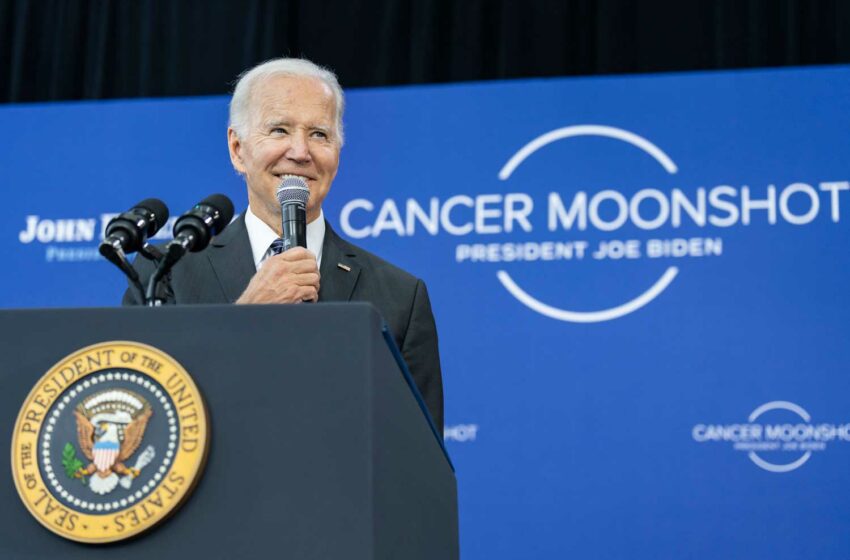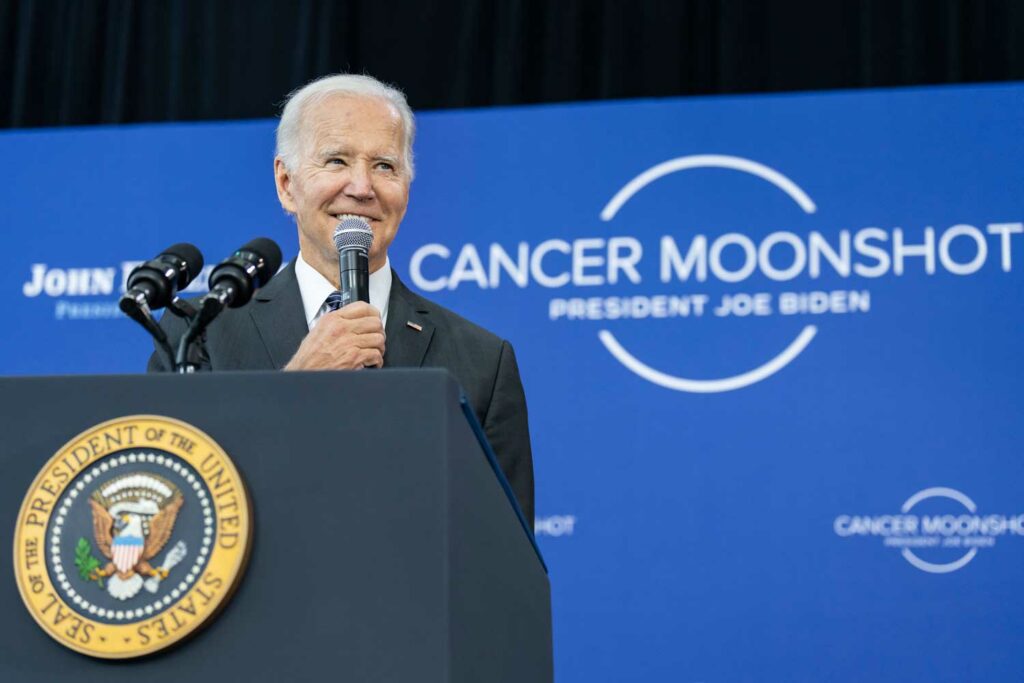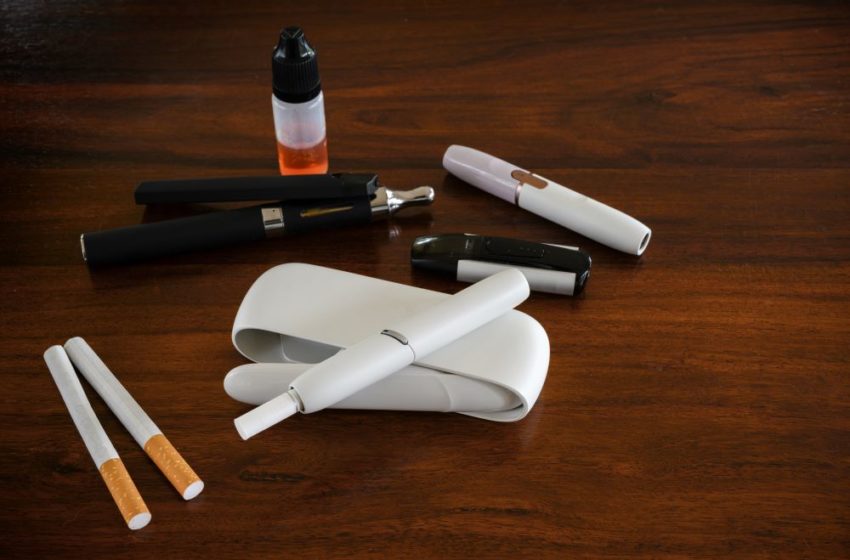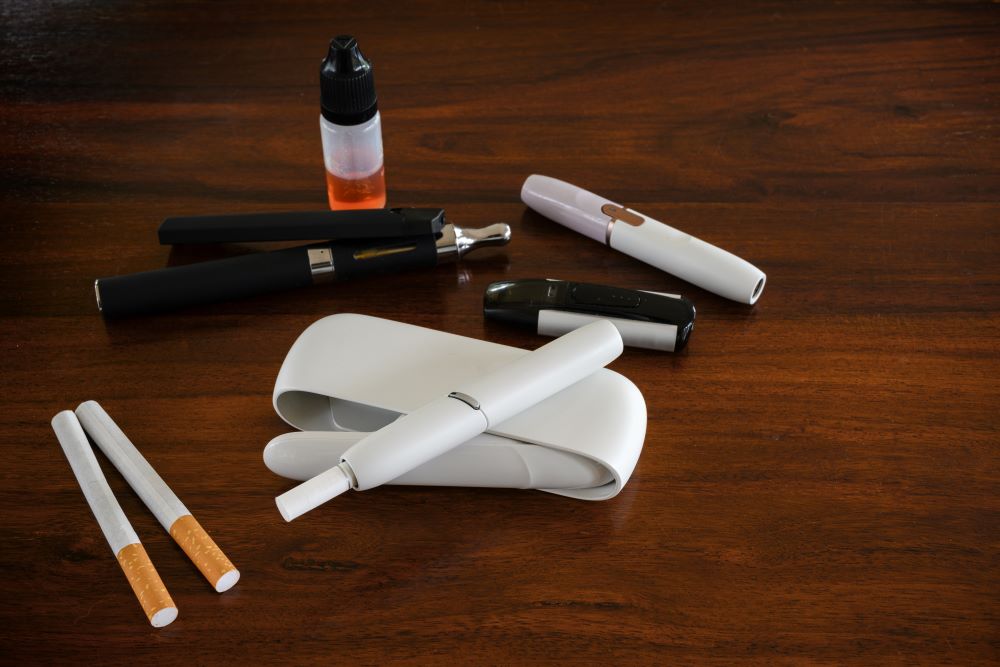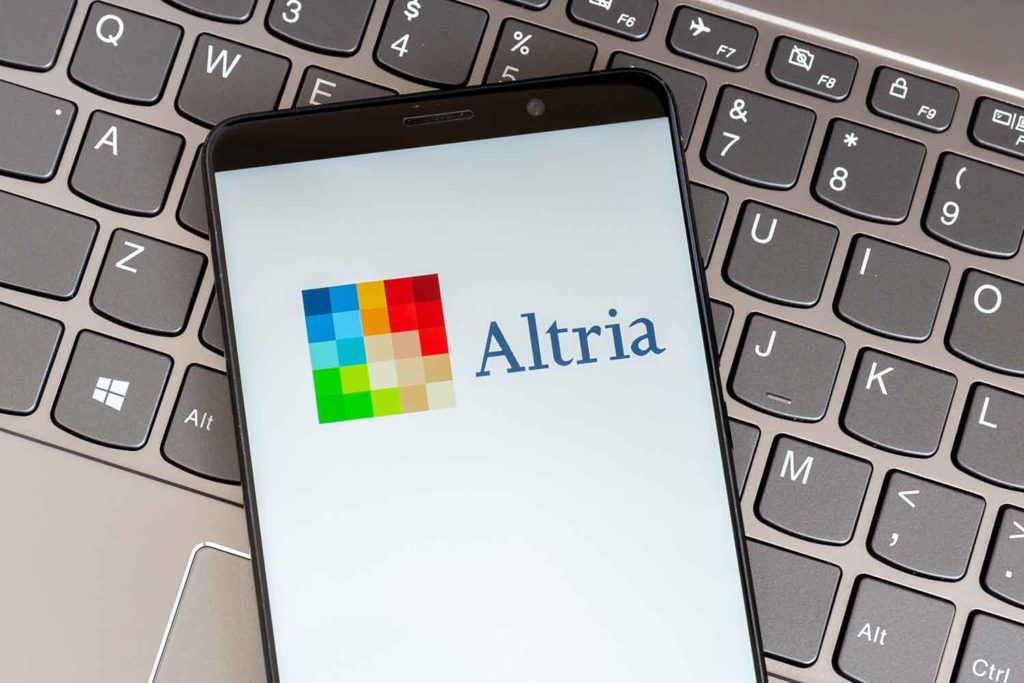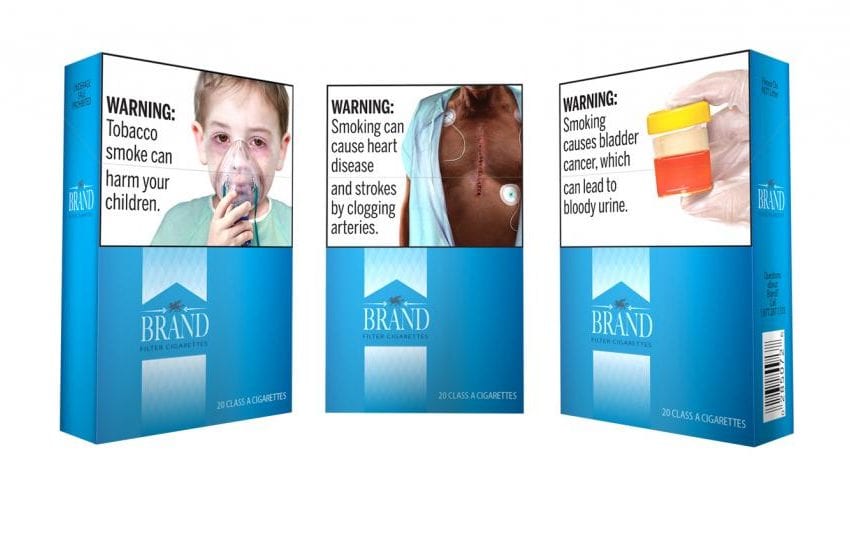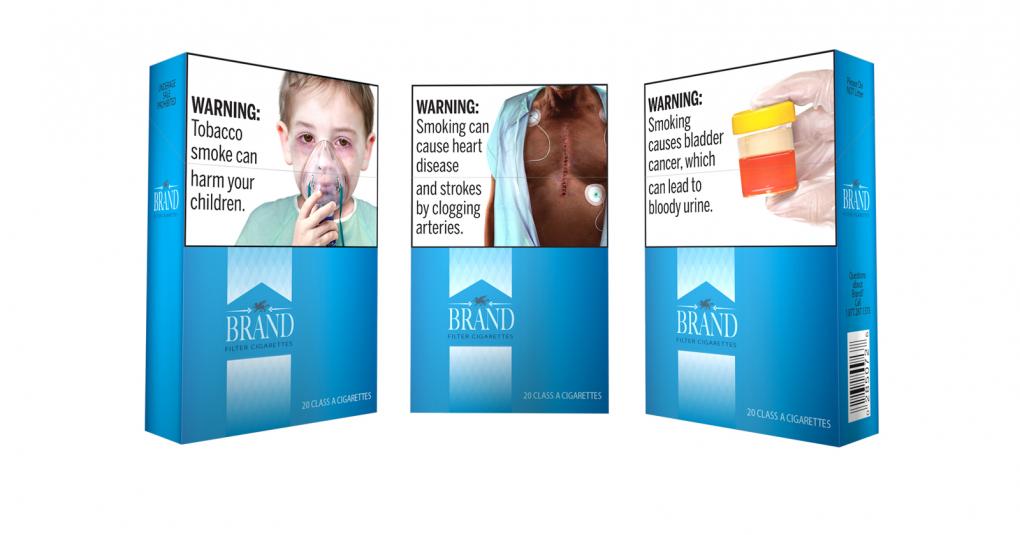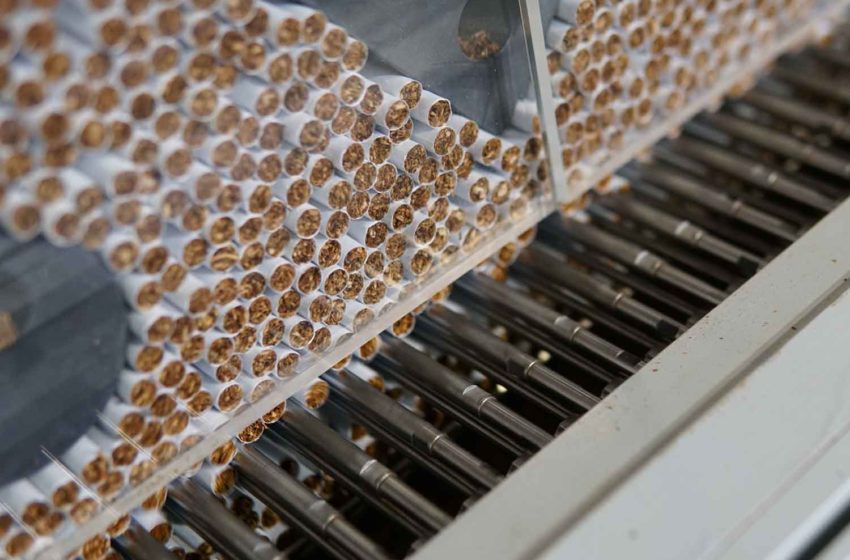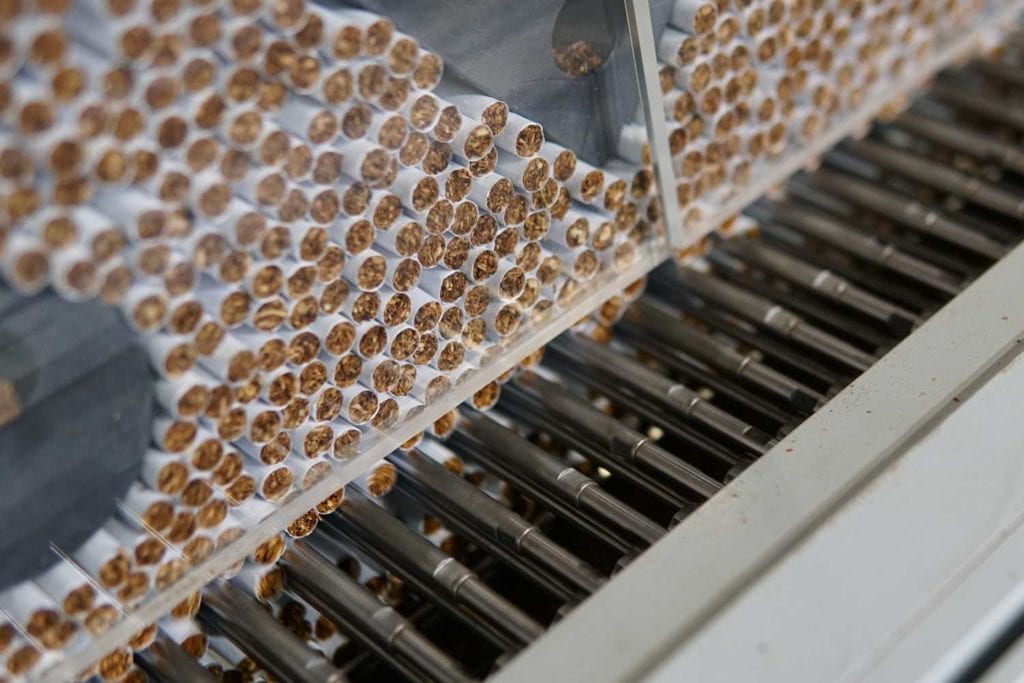
The premium cigar industry recently declared victory in the fight against oversight by the U.S. Food and Drug Administration. Celebrations may have been premature.
The U.S. Department of Justice has filed an appeal on behalf of the FDA for a decision handed down from the United States District Court for the District of Columbia that fully vacated the Deeming Rule as it applied to premium cigars, according to media reports.
The lawsuit was filed by the Cigar Association of America, the Cigar Rights of America (CRA) and the Premium Cigar Association. The case focused in part on the rulemaking process, which requires the FDA to inform the public about upcoming regulations and solicit feedback on those proposed rules.
In last month’s decision in Cigar Association of America et al. v. United States Food and Drug Administration, Judge Amit P. Mehta made a sweeping, albeit expected, ruling that granted relief to the three cigar industry trade groups that sued the regulatory agency in 2016 on behalf of the premium cigar industry.
The news confirms industry fears that warning labels, premarket tobacco product application (PMTA) review of cigars and other limitations that have impeded the ability of cigarmakers are still a possibility.
Recently, the FDA acknowledged the decision and one of its impacts, telling cigar companies that it did not plan to assess user fees for “premium cigars” sold during Q4 FY23.
The Department of Justice, which represents FDA on legal matters, had 60 days to appeal the ruling. It’s unclear whether the agency will ask a court for a stay, which could reenact the deeming regulations for “premium cigars” as the appeal process works itself out.




